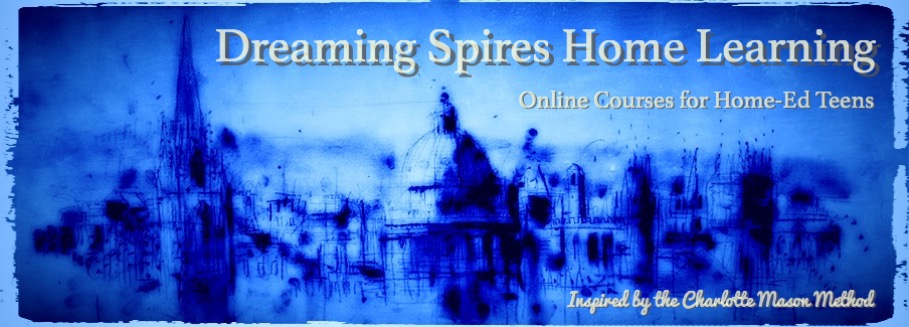 |
| Getting behind the lines in historical discovery. |
The first half of the 20th century was an unprecedented period of war and tension between nations. In this course, we will investigate why, tracing the story from the causes of World War I from a minor Balkan argument to a global conflict; how WWI unfolded, its end and aftermath, and then how this sowed the seeds of World War II.
We will also investigate the efforts to make a lasting peace in the 1920’s and 1930’s, the rise of Hitler and Nazi Germany, and then the outbreak and course of World War II.
Through this historical journey, we will consider how events in history are linked to each other, concentrating on causes and consequences and understanding the ways in which, and reasons why, as we all know, history repeats itself.
(HINT: mostly because humans are involved in it!)
 |
| Bringing War-Time to Life! |
We do receive many enquiries about this course as to whether it will lead directly to a student's taking a GCSE/IGCSE exam. The answer is yes, but also no. Let me explain.
Currently, every exam board has adopted, what appears to be, a bloated syllabus for Modern History, where a two-year course of focused study is not nearly enough to do justice to this subject. Therefore, we have taken the decision to offer this course in the first instance as a pre-GCSE year.
What do we mean by that? Firstly, we don't mean that it's Key Stage 3. While students as young as 12 are always welcome on Dreaming Spires' courses, the level of enquiry is always at Key Stage 4. Simply put, the kinds of thinking and analytical skills found in the Modern History course are those crucial to support exams, and will include working with primary sources, describing and explaining cause and consequence, and using timelines.
Along the way, students will gain a thorough grounding in an era that appears on most GCSE syllabi, that of WW1 and WW2, therefore gaining a jump on any further study where the qualification is being specifically sought.
Or, a student may want to register for it simply because he/she is interested in the subject rather than needing to pursue a qualification in it.
As all Dreaming Spires Home Learning courses, students will read between 50 and 70 pages per week, watch and discuss documentaries, submit summaries and answer discussion questions, and have plenty of time for debate and discussion both about the events and the source materials we'll be using.
Read more about Mrs Mason's amazing credentials as a historian on our About Us page.

No comments:
Post a Comment
Suggestions, ideas, tweaks, or maybe you're just a happy Dreaming Spires student who wants to leave some encouraging words! Thanks for posting! Kat